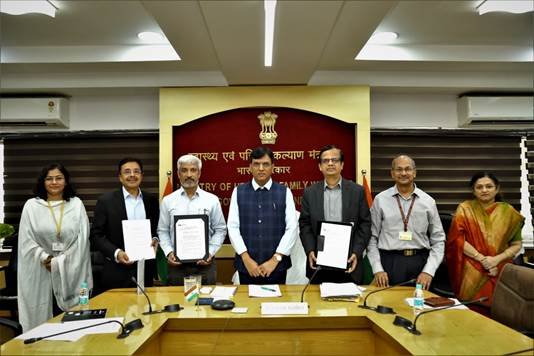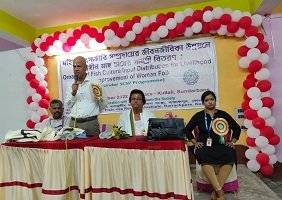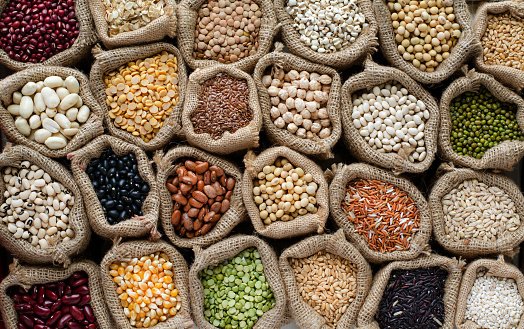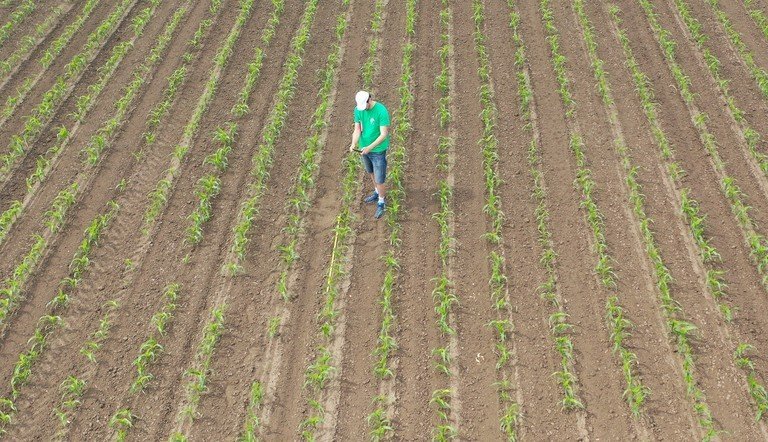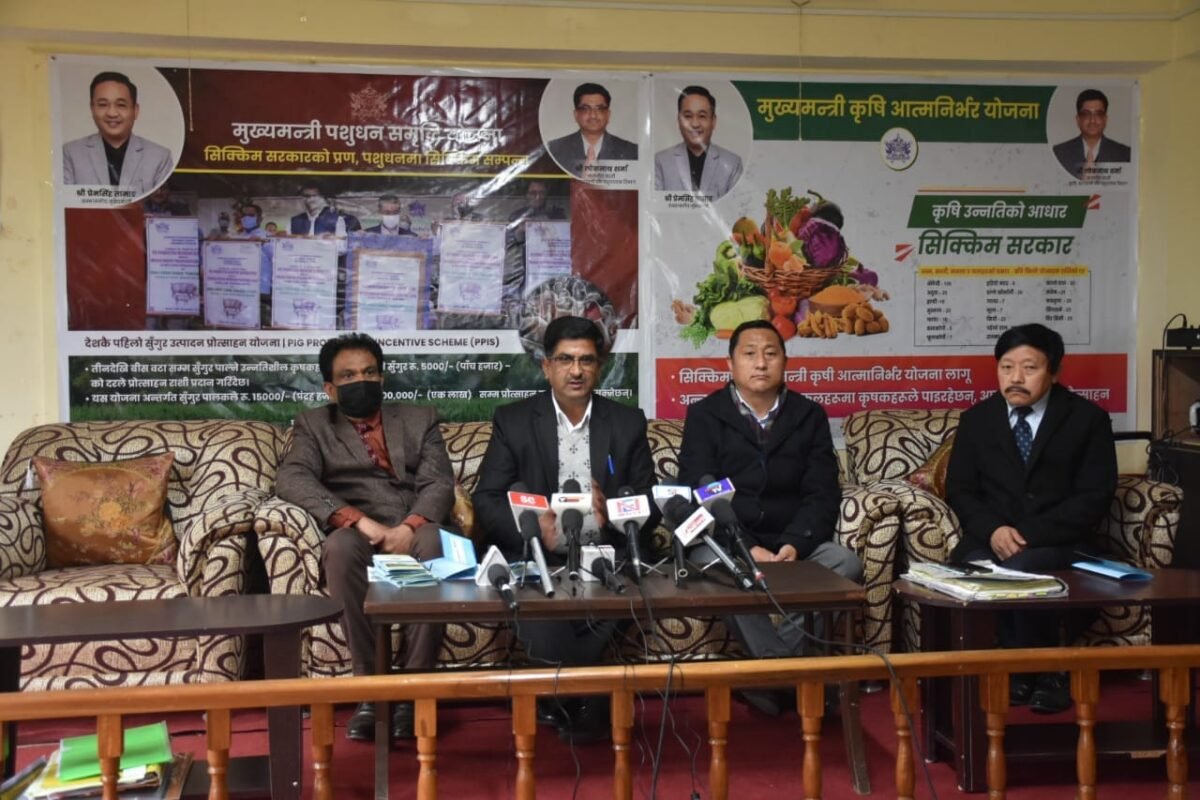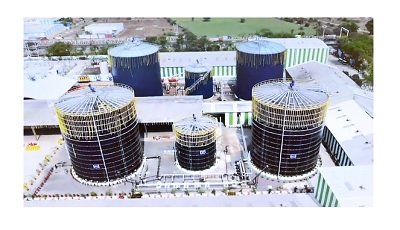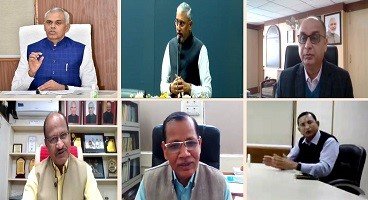Taiwan implements a unique tiger prawn cultivation system
This innovative approach bolsters yields and revenues while conserving water resources through the recycling of up to 90 per cent of the aquaculture water
According to the Food and Agriculture Organisation of the United Nations (FAO), the quantity of captive-bred shrimp has officially surpassed wild-caught shrimp since 2007, fostering a colossal industry with an annual production value exceeding $10 million. While the global demand for shrimp products is substantial, the aquaculture sector grapples with environmental challenges, including diseases and elevated mortality rates resulting from erratic climate patterns.
Situated within the subtropical region, there are substantial climatic variations in Taiwan throughout its four seasons. Furthermore, the impact of extreme weather events has critically impacted the traditional shrimp farming sector in the coastal regions. Excessive rainfall has resulted in devastating losses. Moreover, diverse regional conditions, including water and soil quality, present challenges to the standardisation of shrimp farming practices.
Kazuo Aquaculture, Ltd. has constructed an inland greenhouse recirculating aquaculture system (RAS), fortifying risk management within the farm environment. This innovative approach also bolsters yields and revenues while conserving water resources through the recycling of up to 90 per cent of the aquaculture water. Evaporation losses are offset through rainwater, with salinity adjustments achieved through salt supplementation. Given that the upfront costs exceed those of traditional earthen ponds, this approach has found limited adoption in Taiwan. Acknowledging this, Charlie Hsu, the company’s general manager, concedes that the expenses of establishing a comprehensive greenhouse RAS are significantly higher. However, successful high-yield aquaculture should lead to satisfactory returns on investment. As experience accumulates and technology matures, the expenses for constructing similar indoor aquaculture ponds are expected to decrease, coupled with improvements in pond quality.
Despite the initial higher costs, this innovative technology proves highly effective in curbing the transmission of diseases through waterbirds and mitigating the impacts of severe weather events. According to Hsu, “Since the inception of the farm, we have placed paramount importance on both biological control and water purity. Our approach involves nurturing shrimp within specialized greenhouses equipped with a recirculating aquaculture system. This necessitates the construction of greenhouses in various sizes for precise environmental controls. Furthermore, shrimplets are sterilised and examined before they are allowed entry into the farm, avoiding the intrusion of any pathogens.”
Moreover, an Internet of Things (IoT) network has been established to provide real-time monitoring of water quality through a mobile phone application. These parameters include temperature, pH levels, and dissolved oxygen content. This technological innovation has enhanced farmers’ decision-making, reduced labour requirements and elevated survival rates of shrimplets to approximately 90 per cent. This technology also enables year-round farming, accommodating diverse seasons and species, including vannamei schrimp, kurumaprawns, and groupers. Kazuo Aquaculture’s exceptional sapphire tiger prawns are cultivated without the use of pharmaceutical interventions, offering sweet and succulent meat. Adorned with a captivating translucent blue hue, these shrimp are suitable for raw consumption and versatile for various culinary delights.
This innovative approach bolsters yields and revenues while conserving



